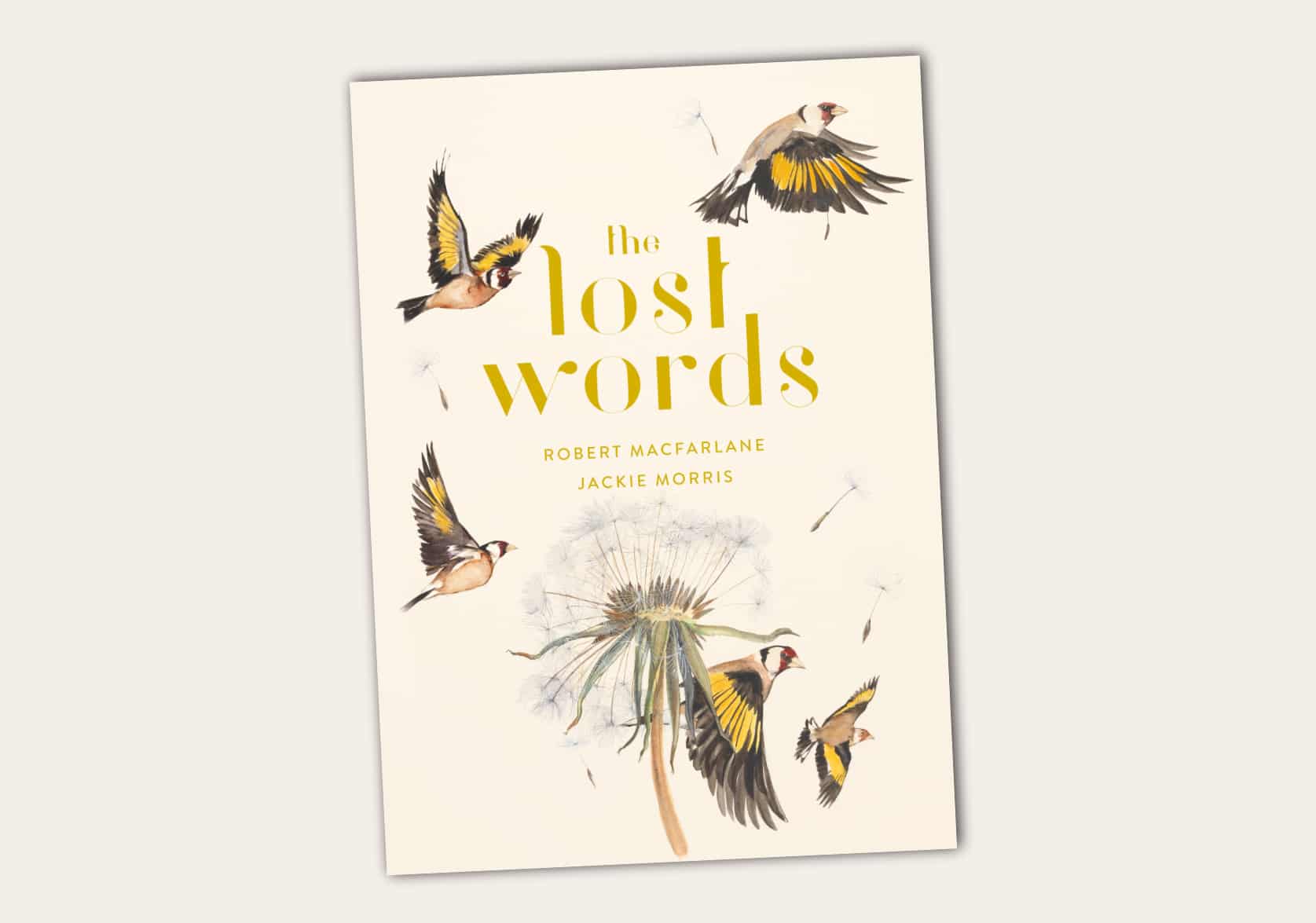Ecolinguistics by Arran Stibbe
C$64.00
Language, Ecology and the Stories We Live By
Paperback, 260 pages, ISBN: 9780367428419
Published by Routledge, 2021, 2nd Edition
In stock
Sold By: Young WSee long description associated with images on this page.
From the publisher:
Ecolinguistics: Language, Ecology and the Stories We Live By is a ground-breaking book which reveals the stories that underpin unequal and unsustainable societies and searches for inspirational forms of language that can help rebuild a kinder, more ecological world.
This new edition has been updated and expanded to bring together the latest ecolinguistic studies with new theoretical insights and practical analyses.
The book presents a theoretical framework and practical tools for analysing the key texts which shape the society we live in. The theory is illustrated through examples, including the representation of environmental refugees in the media; the construction of the selfish consumer in economics textbooks; the parallels between climate change denial and coronavirus denial; the erasure of nature in the Sustainable Development Goals; creation myths and how they orient people towards the natural world; and inspirational forms of language in nature writing, Japanese haiku and Native American writing. This edition provides an updated theoretical framework, new example analyses, and an additional chapter on narratives.
Accompanied by a free online course with videos, PowerPoints, notes and exercises (www.storiesweliveby.org.uk), as well as a comprehensive glossary, this is essential reading for undergraduates, postgraduates and researchers working in the areas of Discourse Analysis, Environmental Studies and Communication Studies.
Praise for Ecolinguistics:
Reviews of the first edition:
“Ecolinguistics is sensitively written, cogently argued, and invaluable to all discourse analysts and critical ecologists. Given the urgency of the crisis we are facing, this book is not so much timely as overdue.” — Emma Franklin, Discourse and Communication
“Although the book is written with academic rigour, and addresses matters of such grave concern as climate change and factory farming, the honesty, lightness, and humanity of Arran Stibbe’s prose make it a pleasure to read. These qualities are themselves an expression of a greatness of heart that ultimately underpins his work.” — Anthony Nanson, Language & Ecology
“[Ecolinguistics] is cogent, accessible and well argued, but most significant is the unified and comprehensive framework that it provides.” — Robert Poole, Critical Discourse Studies
“The detailed descriptions of studies are insightful and interesting to read for scholars at all levels working on the relationship between discourse and society.” — Michelle Riedlinger, Discourse and Society
About the author:
Arran Stibbe
is Professor of Ecological Linguistics at the University of Gloucestershire. He has an academic background in both linguistics and human ecology and combines the two in his research and teaching. He is the founder of the International Ecolinguistics Association, and author of Animals Erased: Discourse, Ecology and Reconnection with Nature. He was awarded a National Teaching Fellowship by the Higher Education Academy for teaching excellence and has published widely on discourse analysis of social and ecological issues.
Table of Contents
Preface to the second edition
Acknowledgments
Chapter 1: Introduction
Chapter 2: Ideologies
Chapter 3: Framing
Chapter 4: Metaphors
Chapter 5: Evaluations
Chapter 6: Identities
Chapter 7: Convictions
Chapter 8: Erasure
Chapter 9: Salience
Chapter 10: Narratives
Chapter 11: Conclusion
Appendix: Sources of data
Glossary
References
Index
(Credits: Publisher’s description and table of contents have been retrieved from the publisher. Photo of front and back cover by Dahlia Katz.)













